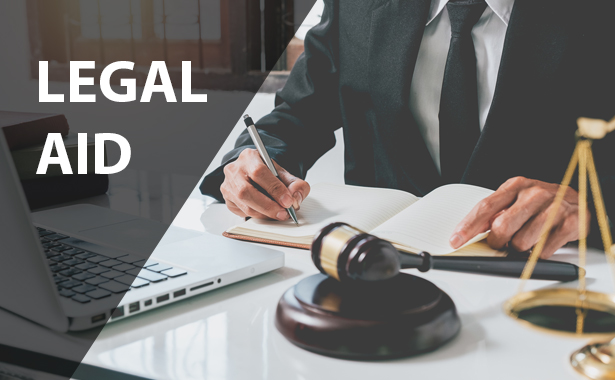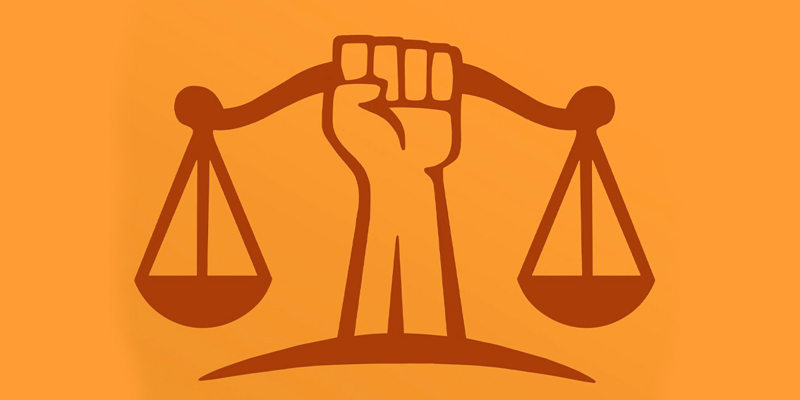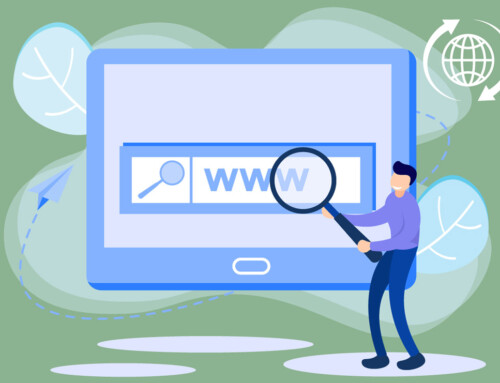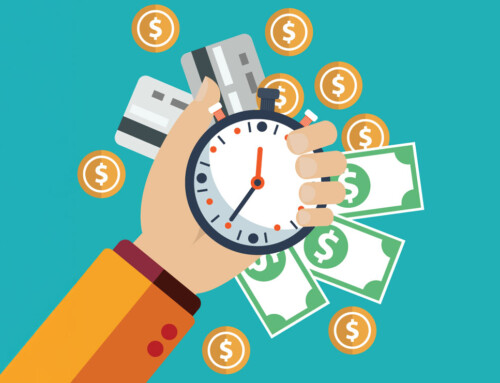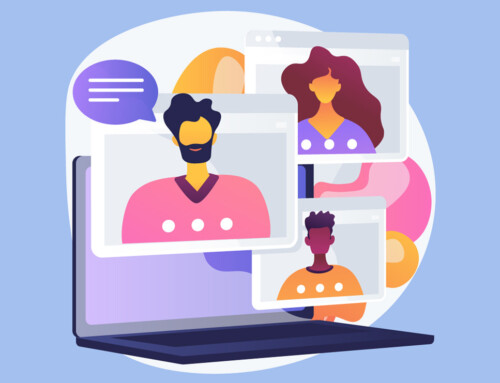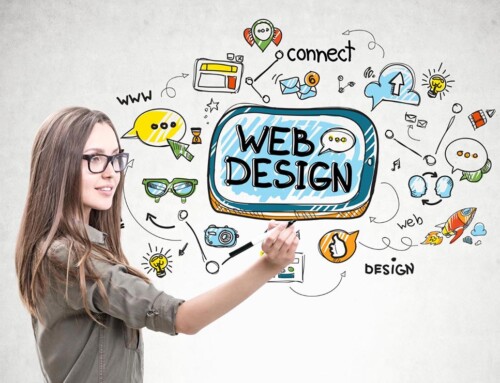Contents
Introduction
Legal aid is a system of free legal help for people who cannot afford it. This means that if you are denied access to justice because of your income level, you can get help from legal aid programs. Legal aid helps ensure that everyone is treated equally under the law by providing free legal representation to those who need it most but cannot otherwise afford an attorney.
What Is Legal Aid?
Legal aid is a service that provides free legal help to people who cannot afford it, are disabled or have limited language skills. Legal aid organizations are funded by the government, or private grants and donations. They serve everyone regardless of race, religion or national origin.
There are many different types of legal aid: family law (divorce), Criminal Defense (if you’ve been accused of a crime) and immigration (if you/your family is in danger of being deported).
Why Do We Need Legal Aid?
Legal aid is a critical component of our justice system. It allows people who otherwise wouldn’t be able to afford an attorney to get the legal help they need. Without legal aid, these individuals would be unable to assert their rights or defend themselves in court.
This is important because it promotes equal access to justice by ensuring that everyone has an opportunity for fair treatment under the law–not just those who can afford lawyers on their own terms. Legal aid helps make sure that everyone has a chance at being heard before they’re judged by others or punished by society at large.
Legal Aid Helps the Less Fortunate
Legal Aid helps people who don’t have an attorney. If you are low-income and cannot afford a lawyer, Legal Aid can help you with your case. This can include:
- Assisting those who have been denied legal aid services;
- Providing assistance to individuals who need advice on how to proceed with their cases;
- Representing clients who wish to pursue litigation but cannot afford it on their own
Legal Aid Promotes Equality
Legal aid programs help ensure that everyone gets the legal help they need. Legal aid programs are not just for people who are poor, but also for those who cannot afford an attorney or do not have an attorney and need one. Legal aid helps people with all kinds of problems, such as family law issues, housing problems, consumer protection issues and more.
When people receive free legal help from nonprofits like Equal Justice Works’ member programs, they are able to navigate the justice system on their own terms, instead of being forced into a system that is not responsive to their needs and circumstances. The result is that everyone has equal access to justice.
The benefits of this work extend beyond the individuals who receive assistance: by helping people navigate their cases without attorneys and educating them about their options within the legal system, legal aid programs promote access for all members of society–not just those who can afford it themselves.
It Sets out the Principle for Governments
While being a powerful tool for individual rights, Legal aid also sets out the principle that governments must ensure access to justice for all Canadians, regardless of their income or resources. In doing so, it recognizes that equal access to justice is a fundamental right and human right in Canada–one we should never take for granted.
People of color are disproportionately affected by poverty, as are women. Women of color are even more likely to experience poverty than their male counterparts, and they also suffer from discrimination in employment opportunities and pay gaps. In the financial year of 2016, more than 60% of legal aid clients were female, and more than 80% were people of color. The Legal Services Corporation (LSC) has taken steps to ensure that its grantees reflect these communities’ demographics; however, these efforts have not yielded significant results yet because LSC does not have access to data about how many clients come through its doors each year or what types of cases they bring with them–information that would allow effective targeting of resources toward marginalized groups who disproportionately rely on free legal services like those provided by LSC grantees across America.
Runsensible
Whether you are a citizen looking for a lawyer who can assist you, or an attorney who is willing to build good karma, you will need a tool that helps you to easily stay in touch with your lawyer/client.
That’s where an intuitively designed CRM Software like Runsensible steps in. Workflow automation, Low-cost international communication and Time Management are only a few of the many features that Runsensible offers its users.
The Majority of Legal Aid Clients
-
- Legal aid programs help low-income citizens, adults/children with disabilities to navigate the legal system.
Legal aid programs ensure that everyone who cannot afford an attorney gets the help they need to solve their problems and live free from violence. They also help people become self-sufficient by providing them with information about their rights, options for resolving disputes without going to court, and referrals to other agencies when necessary.
-
- Family law is also a very important issue for the legal aid system because it affects so many people.
About half of legal aid cases involve family law issues such as divorce, child custody and domestic violence. These cases are the most common type of legal aid case because they affect so many people.
Legal Aid Ontario
As such, Legal Aid Ontario is working very hard to ensure that people who qualify can access free legal services when they need them.
Legal Aid Ontario provides a range of services for low-income Canadians, including legal advice and representation in court or before administrative tribunals. The organization also funds community organizations that provide pro bono (gratis) legal help for people with low incomes on issues like housing, immigration status and family law matters.
Although Legal Aid Ontario’s mandate is to assist those who cannot afford to pay for their own lawyers, it also funds “pro bono” programs across the country where lawyers volunteer their time on specific cases.
Conclusion
Legal aid is a vital part of our justice system, and it’s critical that everyone has access to free legal help when they need it. Legal aid programs employ thousands of lawyers who work hard every day to ensure equal access to justice for all.
Disclaimer: The content provided on this blog is for informational purposes only and does not constitute legal, financial, or professional advice.
